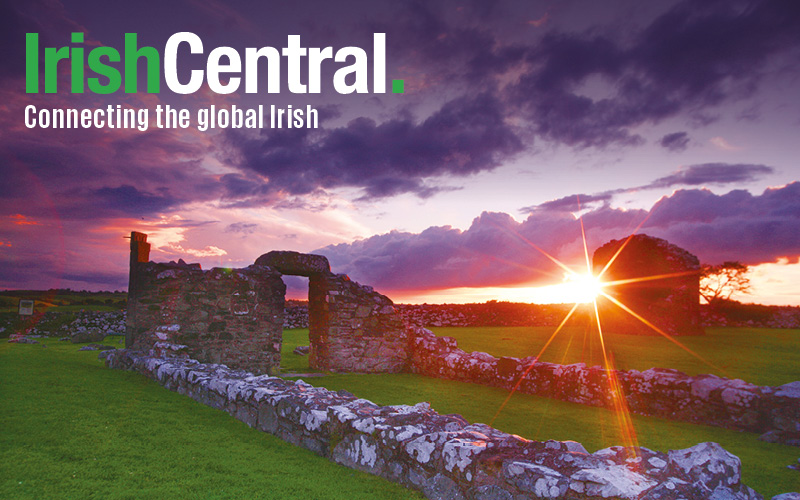Last month, Ireland took an historic step forward in the global fight for marriage equality, becoming the first nation to adopt by popular vote a constitutional referendum permitting two persons to marry without distinction as to their sex.
Considering that the laws of the Republic of Ireland did not allow divorce prior to 1995 -- just 20 years ago -- this shift in collective Irish social and cultural thinking is nothing short of monumental. Equally significant is the fact that the yes vote was carried by the huge margin of 62 percent, with only one of the 26 counties carrying the no vote.
With Bloomsday approaching on June 16, this begs the question how Irish writer James Joyce would have voted in the referendum. Bloomsday, the day memorialized in Joyce’s Ulysses, has evolved into a day across the world when Joyce, his epic masterwork and literary Ireland are celebrated, with readings, marathon readings or just marathons.
At the very heart of Joyce’s writings is his embrace of all facets of human sexuality – the blossoming of youthful sexual awareness, interludes with prostitutes, falling in and out of love, extramarital attractions and adulterous affairs.
But when it came to marriage, Joyce was not a fan. Some scholars argue that he considered traditional marriage a form of prostitution and hypocrisy and indeed, for a long time, he steadfastly refused to marry the love of his life, Nora Barnacle, despite her desire that they make their relationship legal before they eloped. She eloped with him anyway, and they did eventually marry in 1931, when Joyce was 49 and Nora 47, after having lived together for 27 years and having two children, Giorgio and Lucia.
On the day they tied the knot Joyce did his utmost to ensure that the wedding received no press, as it was widely assumed that they had been married in 1904 and Joyce wished to avoid answering any questions with regard to their relationship.
Two days prior to the wedding, Joyce wrote to his son Giorgio and his wife Helen in an amusing tone, telling them that “to throw people off the scent, the bride will wear her lifeguard uniform while the groom will be in green satin with a white veil and an orange umbrella!”
Declan Kiberd, in his introduction to the 1992 Penguin edition of Ulysses, describes Leopold Bloom, the protagonist, as, “a mixture of both genders, an exponent of the androgyny which Joyce saw as the sexuality of the future.” Many scholars have also noted the inclusion of homosexual themes in Joyce’s work.
Interestingly, lesbian women played a critical role in the publication of Ulysses, lovers Margaret Anderson and Jane Heap of The Little Review having been prosecuted in 1921 for publishing initial chapters of Ulysses, and lesbian, Sylvia Beach, owner of the famed Paris book shop Shakespeare and Company, first publishing the complete manuscript.
Despite Joyce’s dim views of the institution of marriage as it existed in Dublin in 1904, his avowed belief in tolerance which permeated his written work, as well as his disdain for the traditions of Irish Catholic morality, suggest there is little doubt that he would have supported the 34th Amendment to the Irish Constitution. In the immortal words of Molly Bloom, he would likely have exclaimed a resounding “Yes, I said, yes I will. Yes.”
On June 16, the Irish American Bar Association of New York will host its sixth annual Bloomsday celebration at NYU’s Glucksman Ireland House. The celebration will include the John Quinn Memorial First Amendment Address by noted First Amendment attorney, Lynn Oberlander. Her address will be entitled “Free Speech in the Age of Terrorism, Again.”
It will be accompanied by an entertaining reenactment of the trial of the publishers of The Little Review, Anderson and Heap, presided over by the Hon. Brian M. Cogan, United States District Court judge, Eastern District of New York, who will play the role of Judge Frederic Kernochan.
The celebration will also include a Twitter-style slide show featuring the responses of librarians and booksellers to a questionnaire distributed by Joyce’s lawyers in the early 1930s. The evening’s program will be book-ended by a reception.
The event commences at 6:30 p.m. Visit www.iabany.org for further details.




Comments